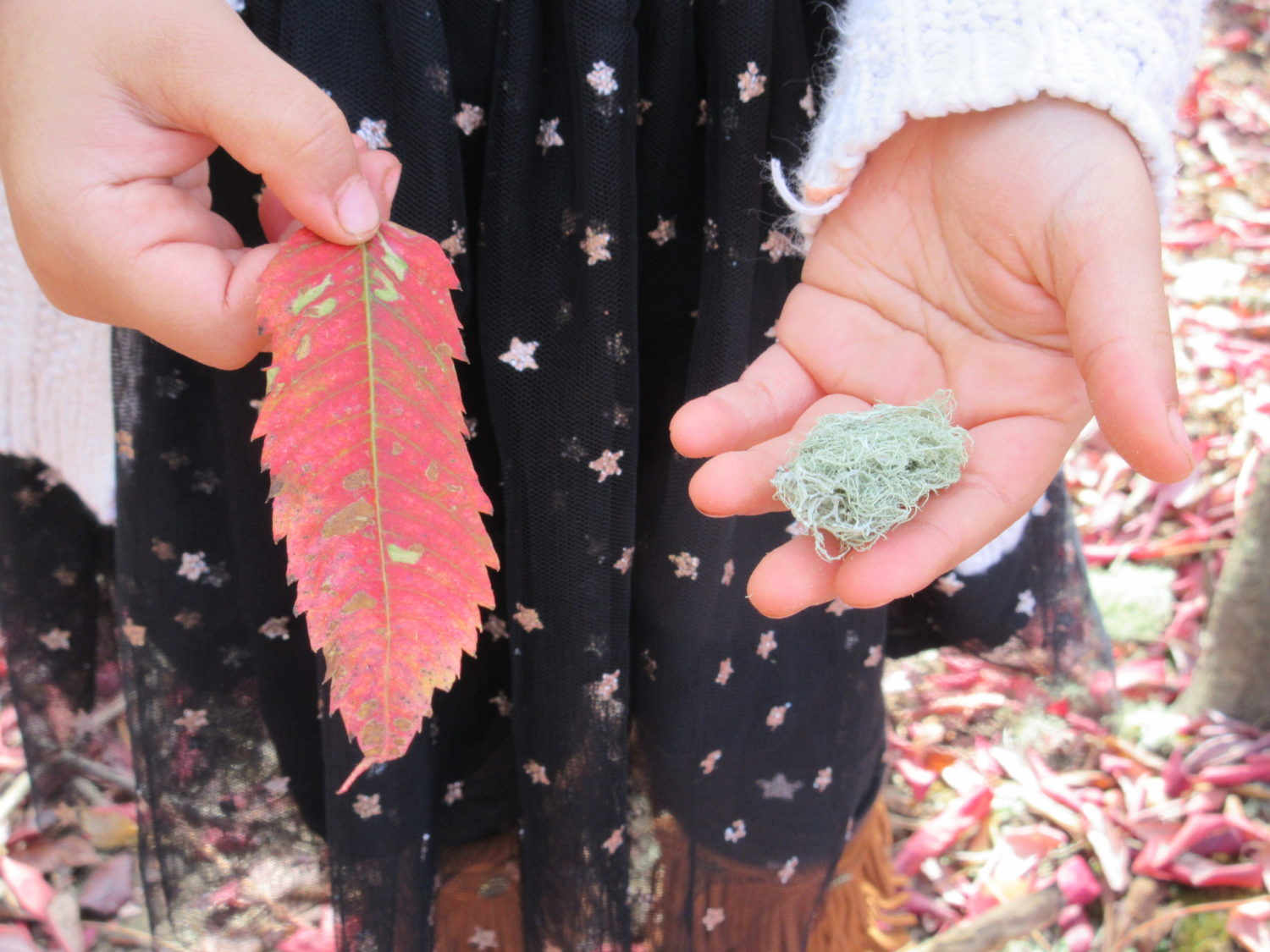What Do We Do When We Don’t Know What To Do?

“From now on things will be described in terms of the times Before and After Corona. Right now we are in neither. This is a threshold time, the liminal time where everything is reorganized. Every small and big action now opens or closes possibilities of what the future holds.”
Nora Bateson (@NoraBateson – Twitter – March 30, 2020)
The other day I ran across the journal prompt equivalent of the question, “Are we there yet?” It was an invitation to reflect on the lessons we will want to remember, having lived through this catastrophe. I thought it was pretty optimistic to think that we would survive this pandemic and were already ready to share its lessons. Because lessons don’t usually show up in stories so early in the introduction, it surprised me (a little) to scroll through the responses from people who felt sure they could predict the end.
That was more than three weeks ago— and we’re still not there. The story we thought we knew is full of plot twists and suspense — a real page turner, it turns out — and no end in sight.
A couple of days later, I found a comment on Instagram from my friend, Jill, which I share here with her permission: “Just finished day 3 of remote teachings. I’m tired. My body aches. I haven’t slept much; been tossing and turning each night with new directives told to us daily. It’s a huge learning curve for me. For my families. For our communities. For the whole state. For the world. We are truly in this together.”
Who is we, and what is this? What are we learning? What change will it bring? What are we opening and what are we closing? What big and small actions are we taking that move us past this threshold time towards “after”?
This is a time when directives bring a measure of comfort. It is hard not to know what to do. A clear directive creates the promise of a knowable future and provides us the incentive to get there as it soothes the discomfort of not knowing what lies ahead. It gives meaning to the struggle – and we need meaning to survive.
But this liminal time is an opportunity to ask ourselves who benefits when we lose sleep over the challenge of arriving at someone else’s destination. This is an opportunity to imagine what could be otherwise. A threshold time.
Because we don’t yet know the end of this story, we have some time to reflect. To reorganize. We might even have time to begin to see that the source of our pain isn’t bitter disagreement or conflict with others but the system that hands out directives and then profits by ensuring that some win and some lose. With our focus on each other’s wrongs, or on fear that there might not be enough of what we need to go around, our view of the system that’s responsible for everyone’s pain is obscured. And while we spend our time sustaining, perpetuating that pain by attacking one another or judging one another or finding ways to numb it all, the system carries on.
If we allow ourselves to see beyond directives, even if we choose to follow them, and to remain focused on what else might be, we stand a chance of reinventing a more equitable version of “we”. We might reveal “this” to be the system we can choose to change. We might better recognize the interdependencies at work between our big and little actions and the ones that everyone else is taking. We might be able to see that we have choices and that we are making them all the time. Big and little choices. And they could lead to something we all really want to be in together.
It turns out that the system is more vulnerable than we are because we are the ones with the power to re-imagine it. It’s fighting like hell right now to stay in control – to make us compete for resources, so we try harder to win and are less likely to remember that there is tremendous power in uncertainty, in not knowing, in inquiry, and in empathy to take us beyond this threshold towards something “after Covid” that works better for us all than it ever did before.
The new information we create can disrupt the system as we know it now. It is a fragile and archaic machine that cannot adapt to new parts and still function. We have the opportunity now to be together in the work of thinking our way beyond directives intended to maintain status quo toward something… else. What might be possible if we take the time we have right now, as the story unfolds, to write new plot twists? As we’re still in our homes, journals in hand, what new questions will help us reflect on the ways in which the little actions we took today might lead towards bigger actions tomorrow? The power isn’t in predicting the end, who’s right, or who wins. The power is in the practice of not knowing, and in so doing, learning to trust and value the possibility in possibility. And then to keep writing.
I wonder if there ever will be a world where people know what to do when they don’t know what to do?
Angelina, age 8

Thank you, Susan for your thoughtfulness. We need to rethink all we are doing. It’s a transformative time and one we are ripe for.
Susan, so beautifully said. Ann Pelo and I are working with Exchange to launch a Reimagining Our Work cohort and we would be honored if you would be part of it.
Margie, I so look forward to working with you and Ann and the others involved. Thank you!